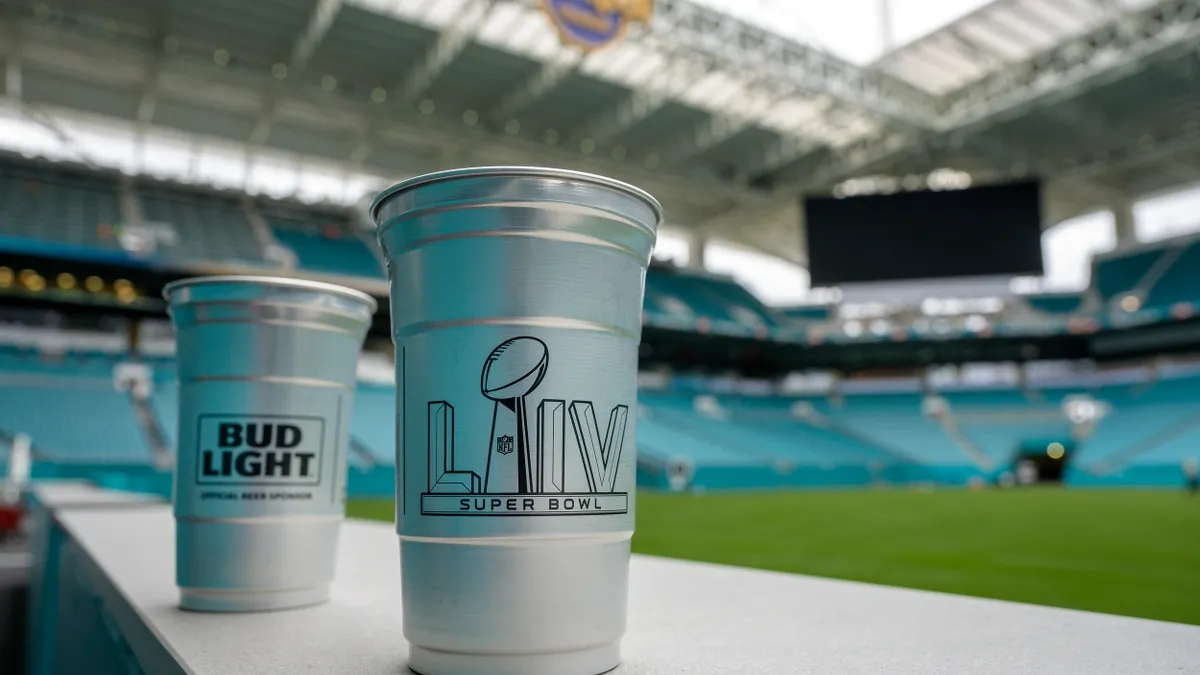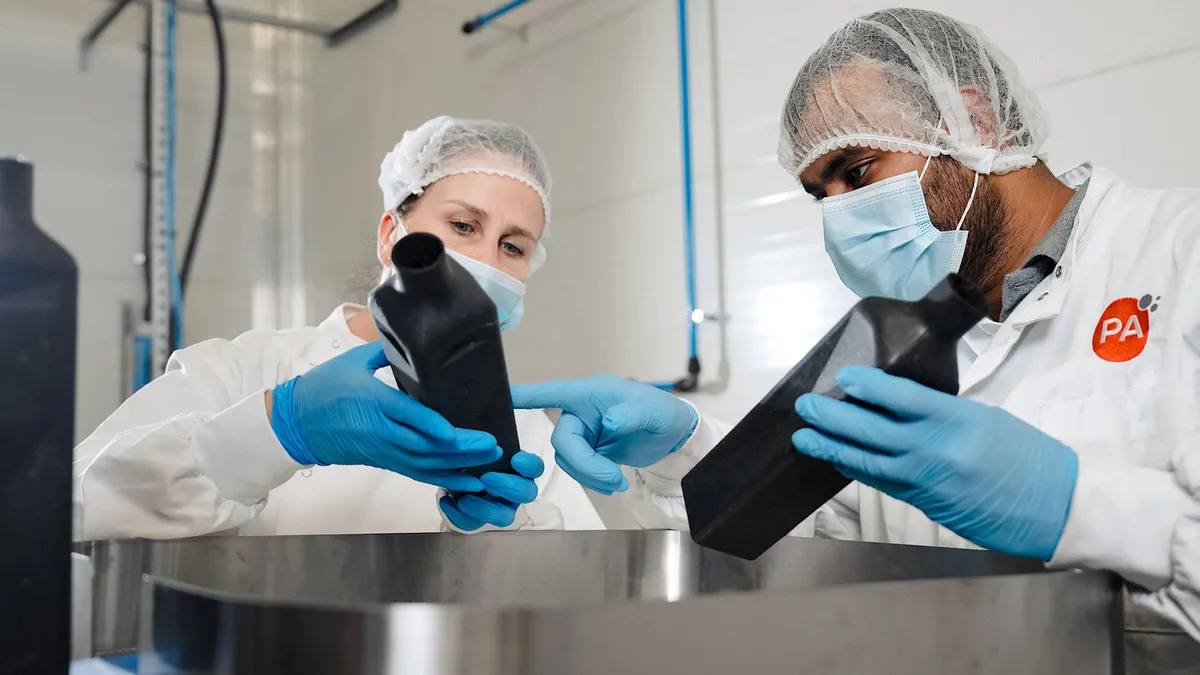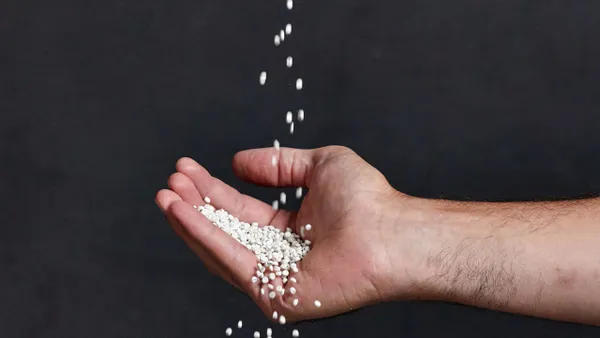Ball announced during an earnings call Tuesday that it’s expanding manufacturing in the Southeast and Northwest through an acquisition and a new buildout.
Ball acquired Florida Can Manufacturing, which has a beverage can facility in Winter Haven, Florida. The $160 million purchase closed Tuesday morning. “We are purchasing this asset for well below replacement value,” CEO Dan Fisher said during the earnings call.
About a year ago, Ball shuttered a can manufacturing facility in the Seattle area, its key production foothold in the Pacific Northwest. Ball said Tuesday it will build a two-line can plant in Oregon. “I've said repeatedly that we didn't want to abandon the Northwest marketplace permanently,” Fisher said.
Together, Ball said these capacity increases “will provide us the fuel for growth we need to deliver on our customers' plans,” Fisher said. This is an effort to meet regional demand and align with where customers are growing, which can lower shipping costs, the company described.
Elsewhere in its business, Ball announced Tuesday it may “pursue alternatives” for its underperforming aluminum cup business. “The growth of the aluminum cups business has not been at the level we initially expected,” Ball noted in its quarterly filing. The business was small enough that it was nested under the company’s non-reportable section in earnings reports; cup sales themselves were not broken out.
The company’s next step “includes an option to form a strategic partnership in early 2025, which is expected to result in deconsolidation of the business by Ball,” Fisher said, noting that the company expects to complete this process in the first quarter.
One analyst on the call noted that, in the past, Ball suggested this business was a $40 million drag on annual earnings.
The expected change could result in an estimated $25 million benefit in 2025. “If we assume that we had talked about $40 million historically and we go through the first quarter, get this transaction done, [it's] probably somewhere around the $25 million that we'd see improvement year-over-year,” said CFO Howard Yu.
Ball elaborated further in its quarterly earnings release that it recorded a $233 million non-cash impairment charge related to the decision to sell its controlling financial interest.
The aluminum cups were intended as a sustainable option at sports stadiums and other large event venues, but they have also been sold via retailers. As of the end of 2023, the president of Ball’s cups business said in an interview that the business was “still in startup mode,” with growth having been delayed by the COVID-19 pandemic’s impact to in-person events. The company has produced cups in Rome, Georgia.
In other M&A news, Ball reported in its quarterly filing that in November 2024, it entered an agreement to sell 41% of its 51% ownership in Ball United Arab Can Manufacturing Co., a production facility in Saudi Arabia. The deal is expected to close in the first half of 2025. Ball expects to gain $80 million when the sale is completed and will retain 10% ownership interest.













